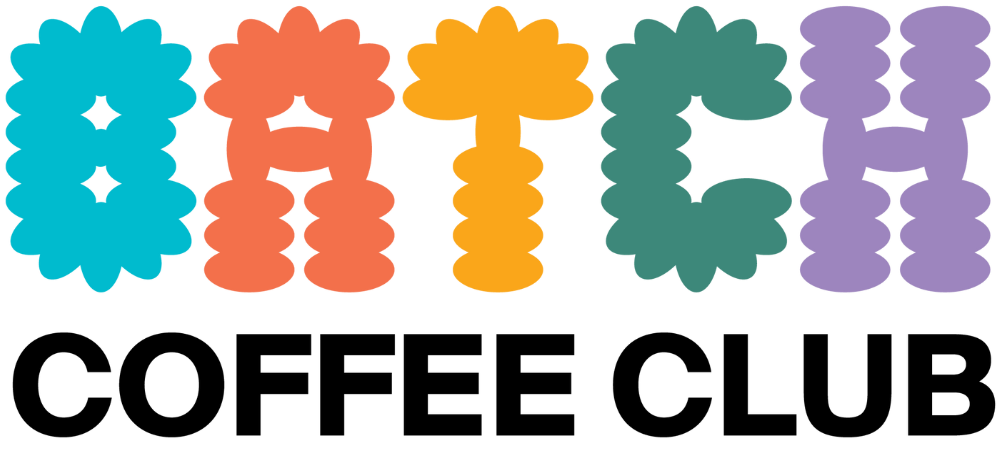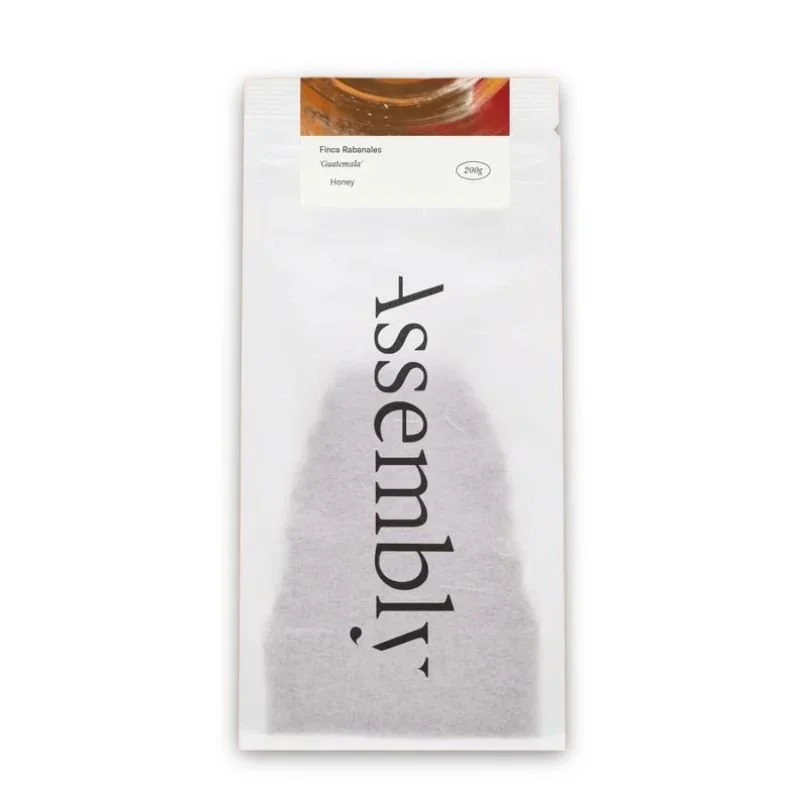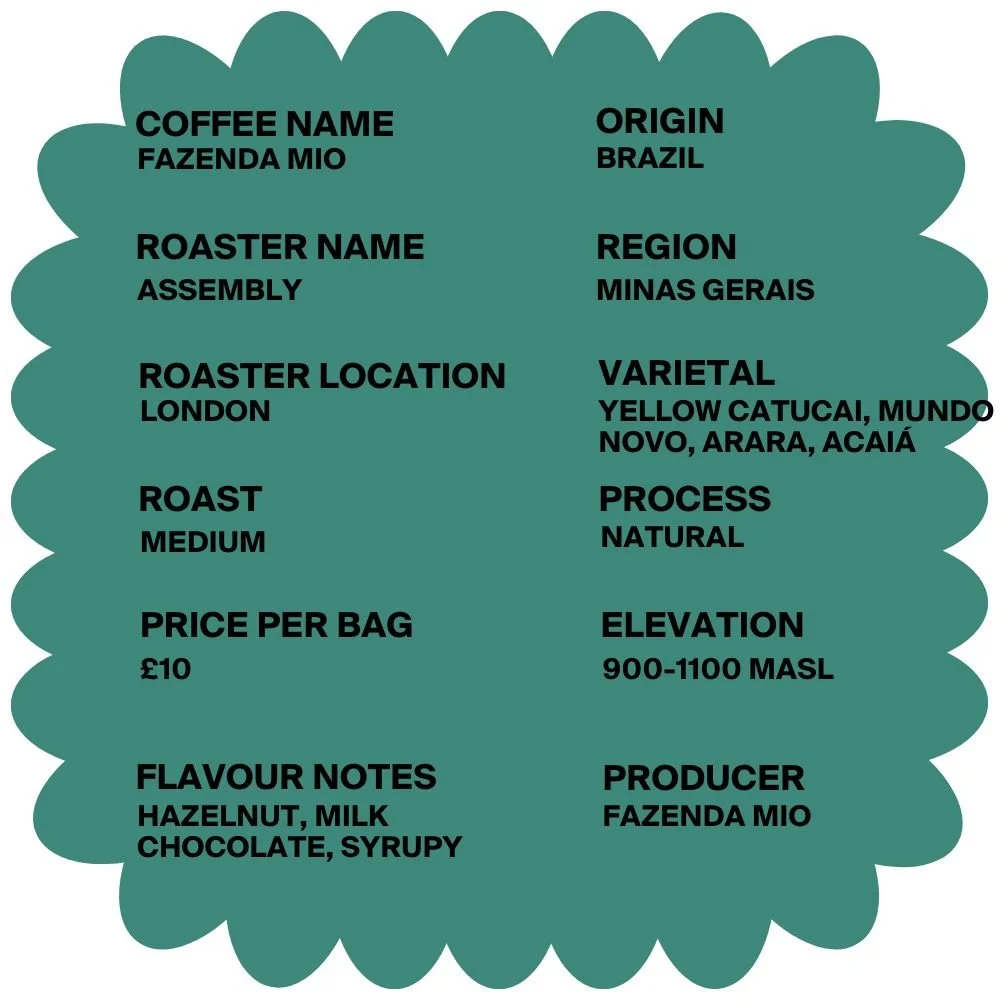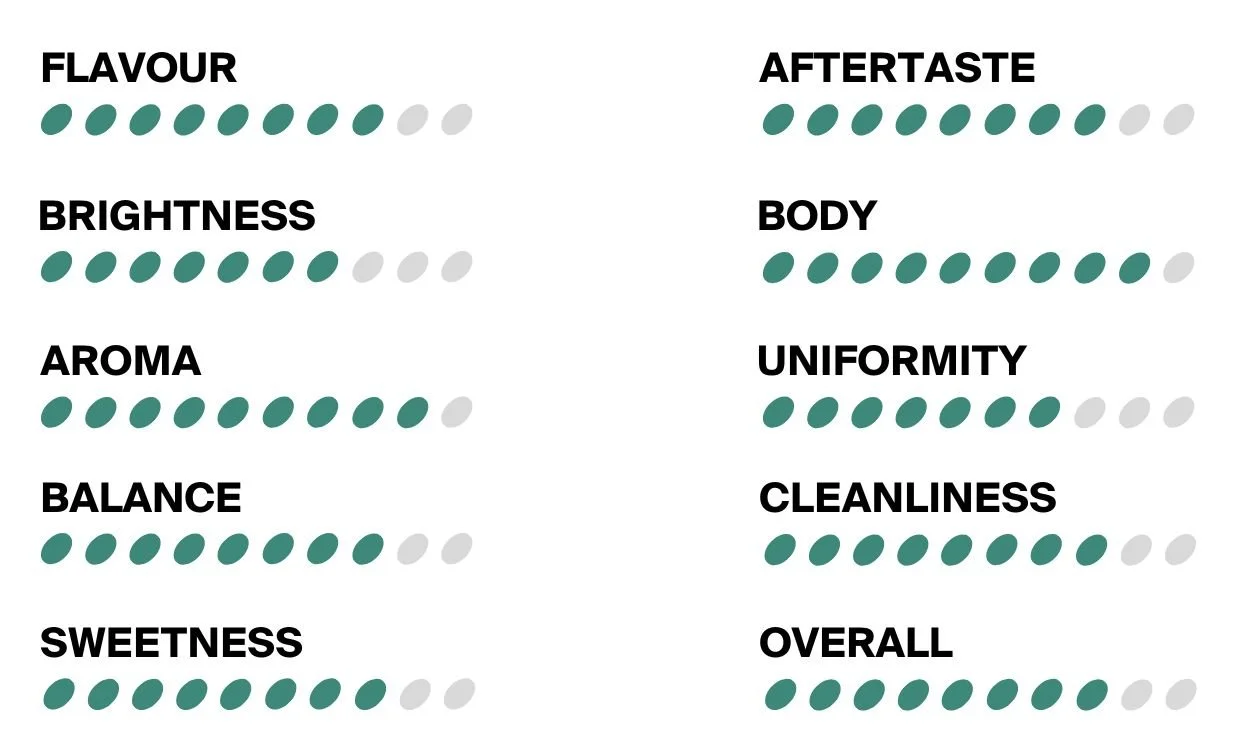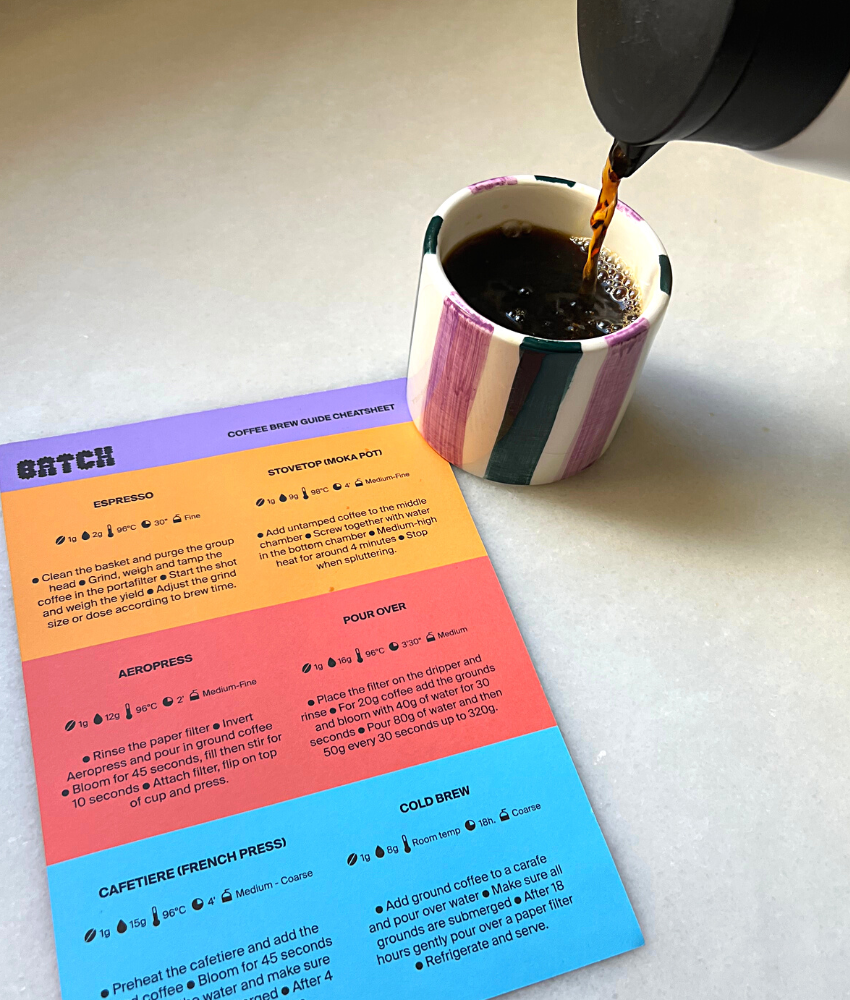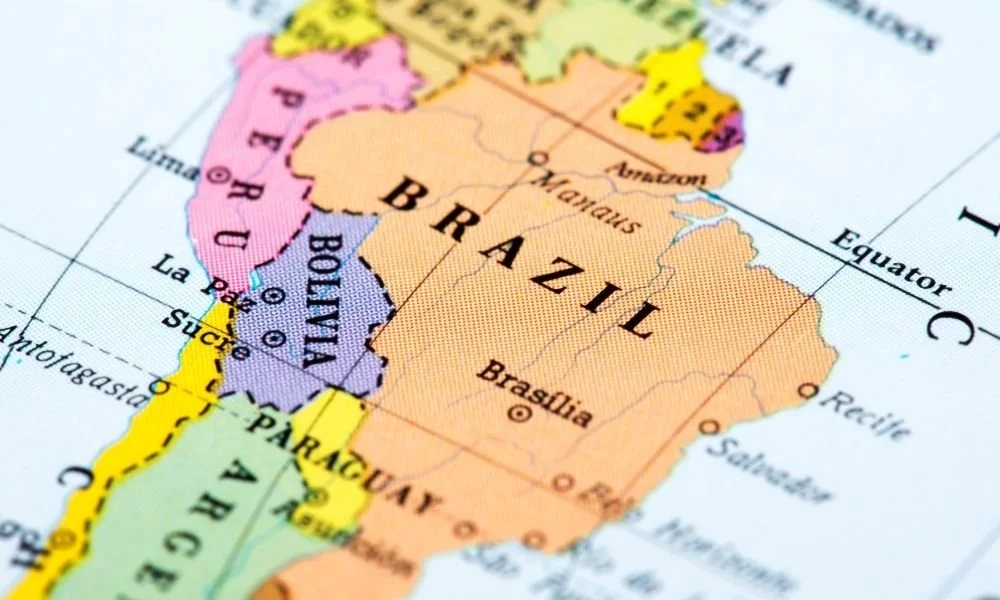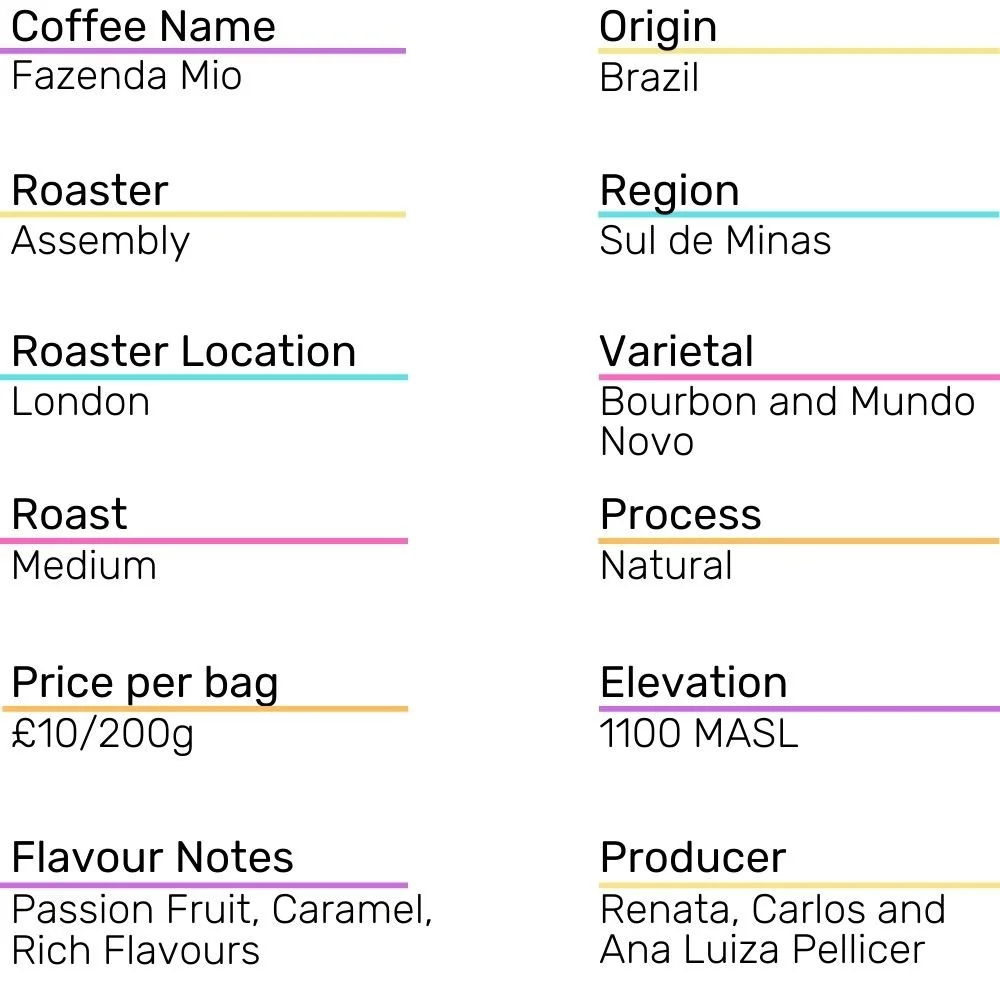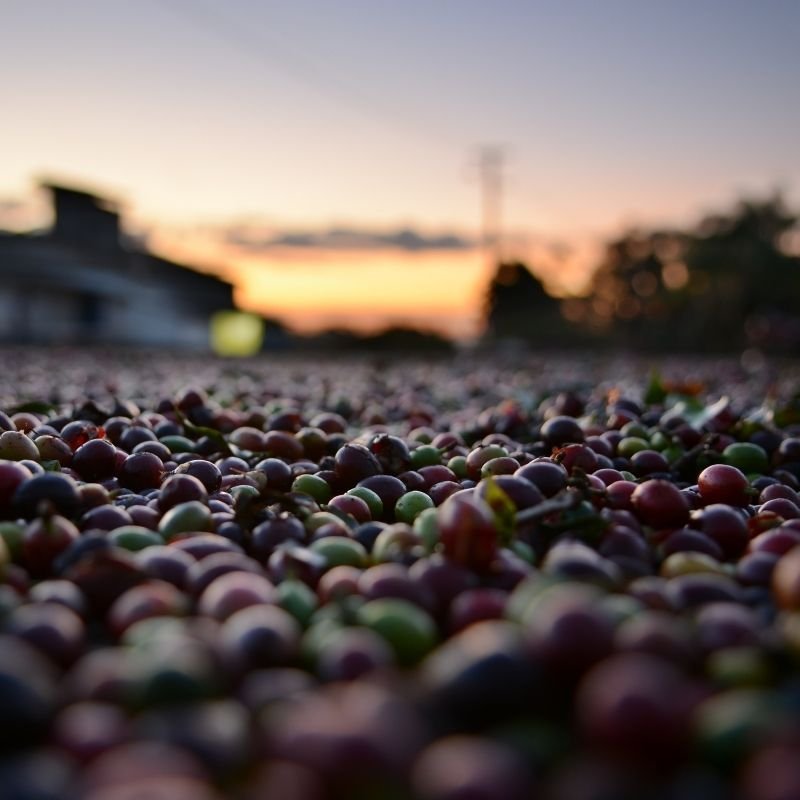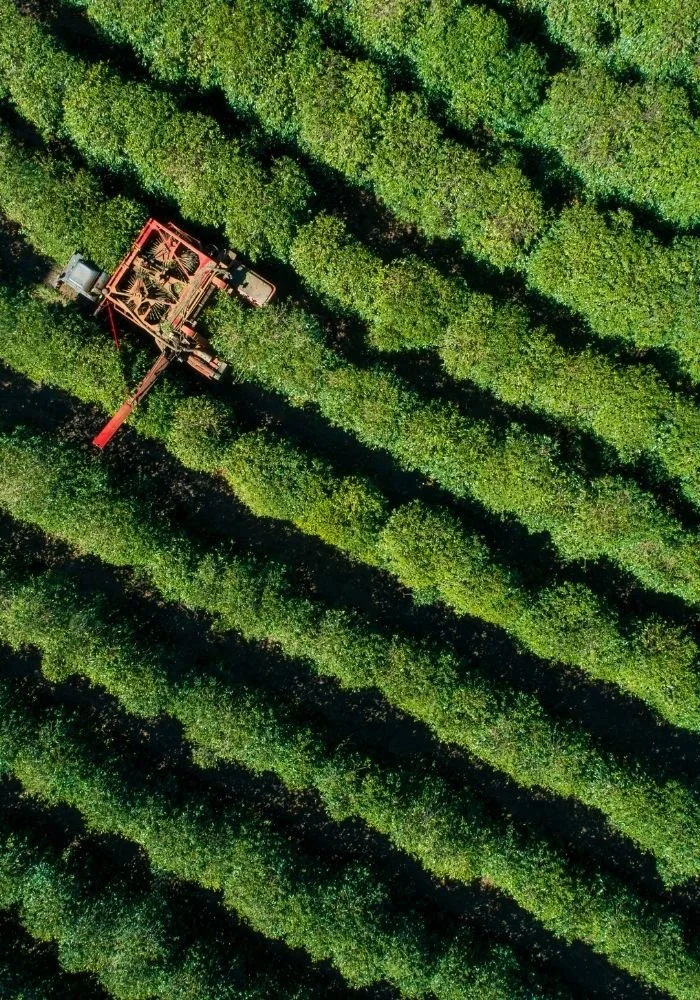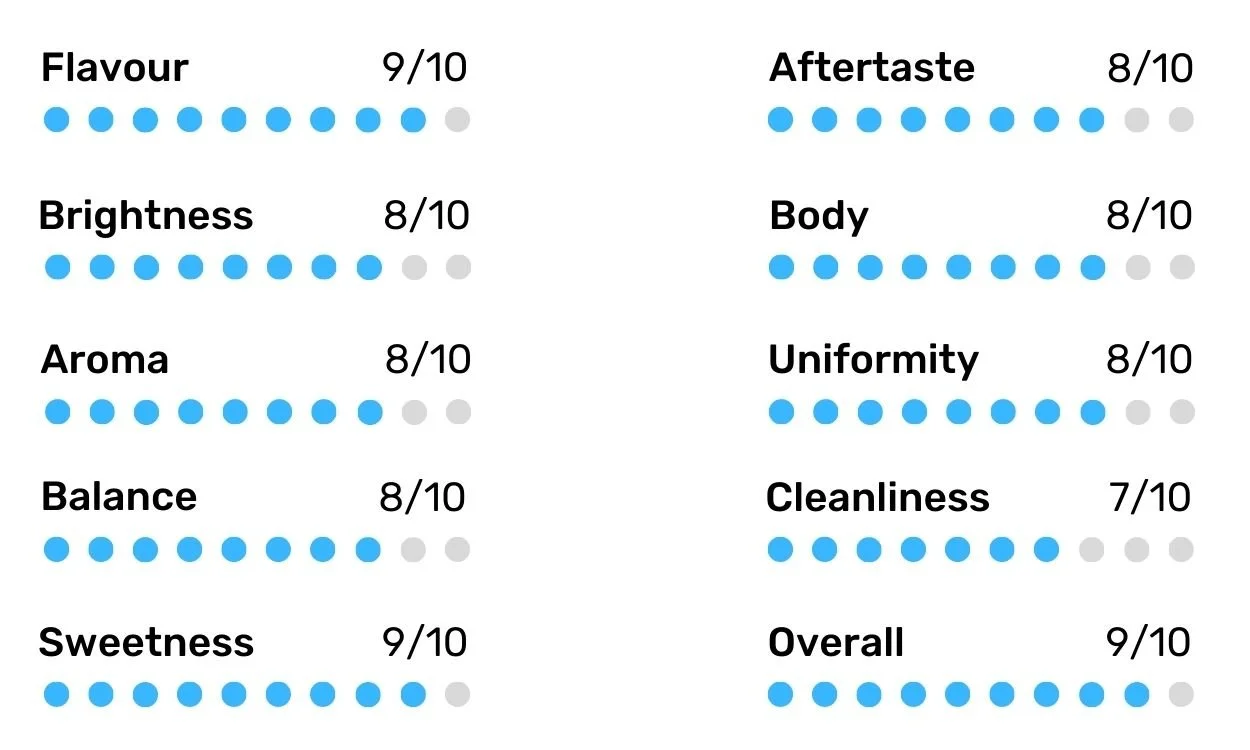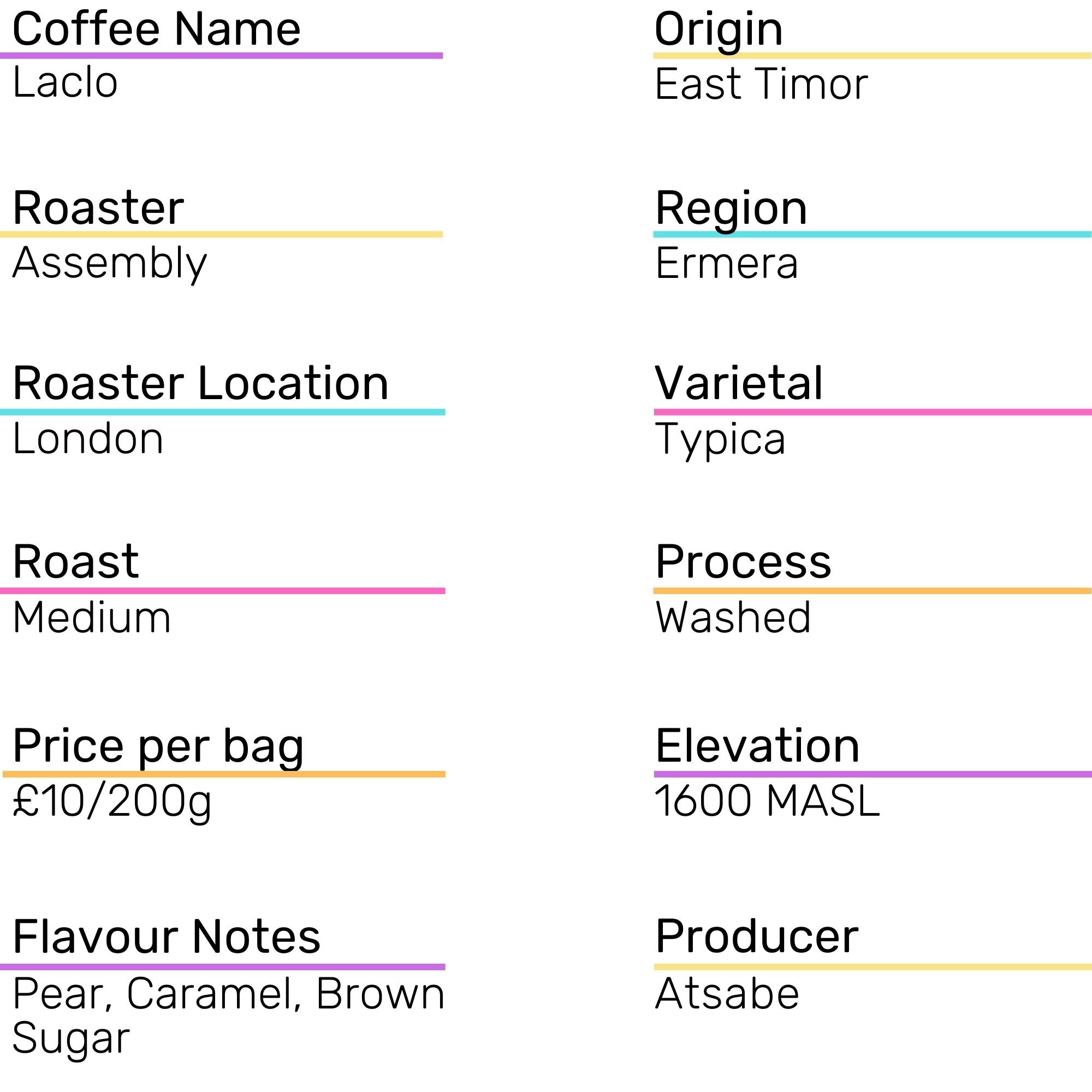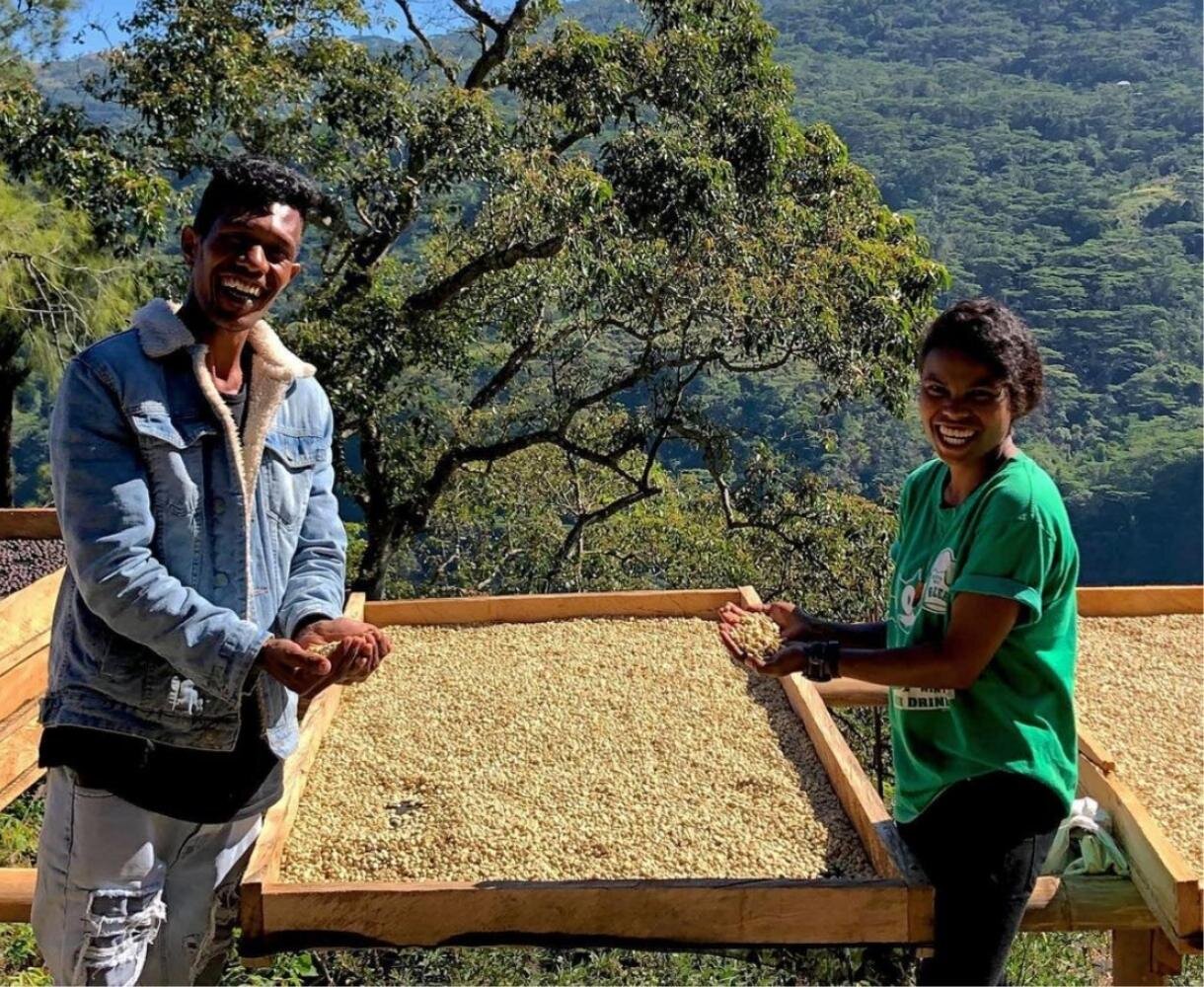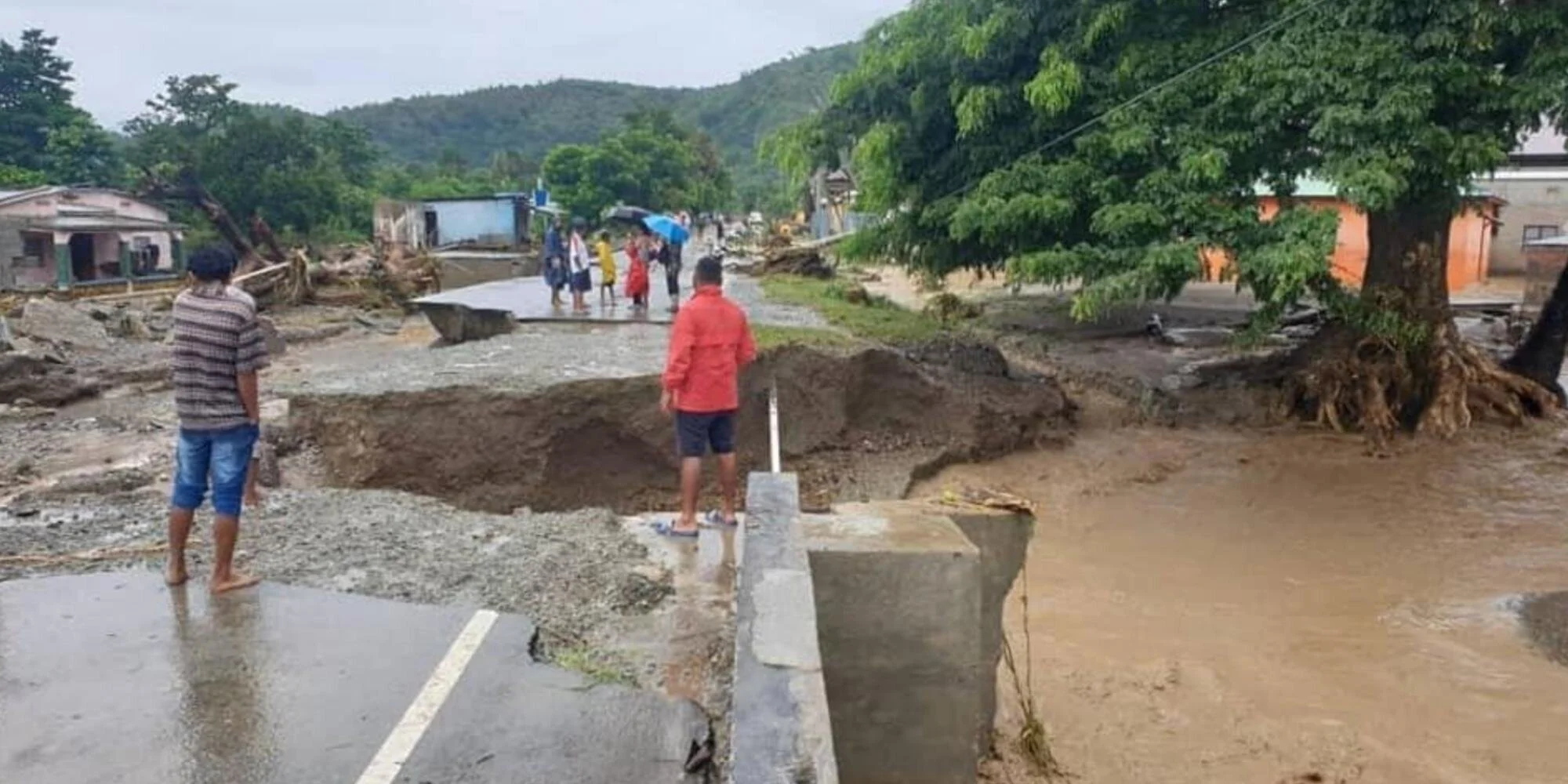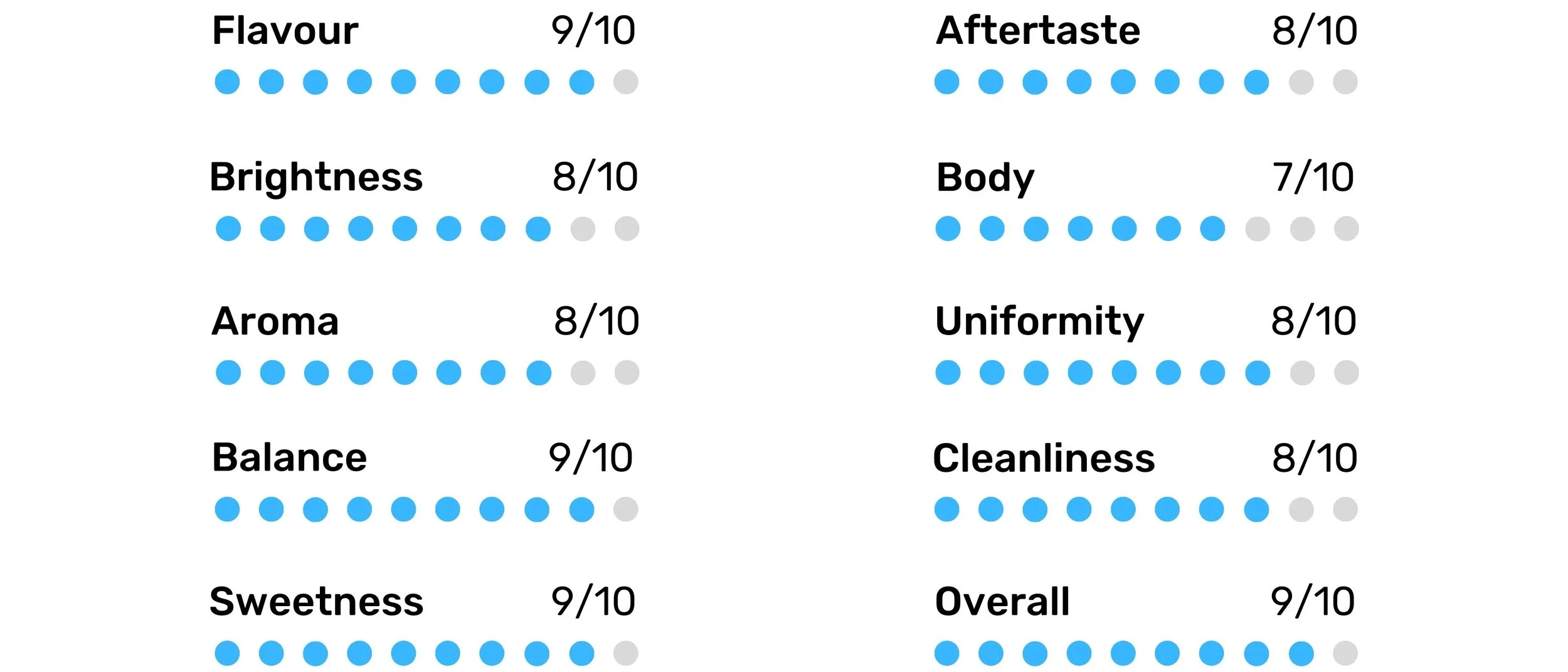Assembly Coffee
Assembly are the quality and customer focused coffee roaster based in Brixton, London.
They are one of the few coffee roasters in the UK that are pushing the boundaries of each aspect of their business.
The Assembly roastery is housed in a 19th century fire station in the heart of London.
The Loring roaster alongside a state of the art coffee sensory lab and a couple of event spaces to hold cuppings is a testament to how serious these guys take specialty coffee.
Launched in 2015 during the annual London coffee festival, Assembly are now showcasing their coffee on a global scale.
Their sister company Volcano coffee works formed the foundation of what Assembly coffee is today, enabling the founders to really dig deep into cafe owners' needs and create a concept that was different to what was already on offer.
One of the most obvious differences in their retail coffee especially is the packaging. Not only is the bag a really unique organic rice paper material but the stunning artwork represents the flavours the development team tastes in the coffee.
I love the concept of imagery and colour representing taste. It gives you an idea of the profile without suggesting specific flavours and highlights the differences in each of our perceptions of taste.
Secondly, the coffee is of the highest standard. There is no compromise in quality and the meticulous quality control that these guys have as a standard is why they are dropping some of the best speciality ground coffees on the market today.
The biggest difference in how Assembly operates for me is their collaborations. When talking to their business manager, Ed, he explained how the team is in constant conversation with their customers, whether it’s a retail customer purchasing a 250g bag every other week or a wholesale cafe that orders dozens of kilos per week.
This conversation enables Assembly not only to build strong long lasting relationships and understand their customers wants and needs but also keeps their finger on the pulse of the specialty coffee industry.
Overall, I have been super impressed with both the coffee that Assembly are producing and the culture that they have created.
The Origin
The Fazenda Mio from Assembly Coffee Roasters originates from the Minas Gerais region of Brazil.
Renato Pellicer was born in 1939 at Fazenda Mio, or as it was named then, Fazenda Cachoeirinha.
Renato's father had worked on the farm after immigrating to Brazil and he was to follow in his footsteps
Fast-forward to 2022 and Renato's daughter Renata and husband Carlos own the farm, with their daughter Ana Luiza representing Mio abroad.
Ana has become a great friend of ours over recent years and our time together spans both the farm and Mio's new London base in Battersea.
The farm is located between southern Minas Gerais and the high-altitude Mogiana region. A third of the farm is used for milling and processing using state-of-the-art technology.
What To Expect
Here’s an idea of what to expect from this fantastic Brazilian coffee from Assembly coffee roasters.
Team Batch brew method of choice - Cafetiere.
If you loved this coffee and want it to have it in your life again order directly from Assembly Coffee Roasters now.
Download Our Free Brew Guide Cheat Sheet.
BOX 43
15•12•21
The Origin
The Fazenda Mio from Assembly Coffee Roasters originates from the Sul de Minas region of Brazil.
Renato Pellicer was born in 1939 at Fazenda Cachoeirinha.
His father had worked on the farm for many years since immigrating to Brazil and it was here he called home. fast forward to now and Renato's daughter Renata, and her husband Carlos, own the farm (now called Mio) while their daughter Ana Luiza represents their coffees abroad and has become a close friend of the guys at Assembly.
The farm itself is 1589 hectares.
Approximately 1/3 of this is used for milling and processing (as well as a eucalyptus plantation and some pasture areas) with state of the art facilities.
The farm boasts: a wet-mill, concrete patios, raised beds, ambient air-drying rotating machines, wood silos, cross-beater hullers and a density separator which they use produce both natural and honey processed lots.
The farm is located between Southern Minas Gerais and the high Mogiana region which brings together two distinct terrains and both citric acidity and full bodied sweetness in the cup.
The guys at Assembly were introduced to Ana just before the pandemic hit and have been roasting coffee for her own brand as well as collaboration to create value mechanisms for a new age of coffee producers to connect to the market which includes re-forestation, research and academic projects.
What To Expect
Here’s an idea of what to expect from this brilliant Brazilian coffee from Assembly coffee roasters.
Team Batch brew method of choice - Aeropress
If you loved this coffee and want it to have it in your life again order directly from Assembly Coffee Roasters now.
15•06•21
The Origin
The Laclo coffee from Assembly coffee roasters originates from East Timor.
Laclo is the name of the main coffee producing village that supplies coffee cherries to the Atsabe wet mill. The 80 - 150 coffee producing families sell their coffee to the washing station during harvest season.
The Democratic Republic of Timor-Leste (more commonly known as East Timor) is a small tropical island nation situated in South East Asia and is one of the youngest nation-states in the world after gaining independence in 2002.
Coffee was introduced here by the Portuguese who first colonised the country in the 17th century, it then became the main export in the early 20th century.
Today there has been a huge focus on the quality of coffee that is produced by the coffee farmers of Timor Leste.
Timorese coffee is truly wild and organically grown underneath the imposing shade trees that dominate the landscape.
Raw Materials in East Timor | Photo: Raw Material
With time-old traditions in processing coffee, passed on from generation to generation, coffee is helping to build up more opportunities for Timorese people to create a consistent and sustainable income from which to support and provide for their families and the local community.
Raw materials are the organisation that facilitate the buying relationship between Assembly and the coffee farmers in East Timor.
Their work at the moment is focused on a municipality called Ermera. It is home to the largest coffee production volumes, as well as the second highest rate of poverty, and lowest average annual spend per capita. These three point reinforce the reasons why their efforts are concentrated on this area..
On April 4th devastating floods left 14,000 people homeless and without shelter in Timor-Leste. While some support exists around the capital of Dili regional and coffee growing communities remain in urgent need of help.
If you would like to learn more about this please visit the Raw Materials or you can jump straight over to Donorbox to Donate.
The Review
I was beside myself with excitement when I had some sample bags of Assembly coffee sent through. It’s a pleasure to taste any specialty coffee, but there are a certain few roasters that are really setting the bar when it comes to quality - Assembly are one of those lot.
The Laclo from East Timor starts with a couple of fruity flavours popping out of the bag.
The fragrance is sweet yet there is also an undertone of a little body.
The initial sips start with a light fruity flavour of poached pear right at the front of your palate, this quickly evolves into a more sugary sweetness of caramel that creeps to the back of the palate and into the aftertaste.
The Laclo has a fairly medium body with a rounded and smooth mouthfeel. The acidity is there but the sweetness is the dominant attribute of this coffee.
The coffee cools and the sweetness intensifies from the pear at the front now into a brown sugar unifying with the delicious caramel.
The coffee is perfectly balanced and approachable, one that I didn’t want to end.
Try the East Timor as you wish. The fruity flavours at the front of each sip were most prevalent as a pour over or Aeropress coffee but the sugary sweetness shone in more high-pressure/immersive methods.
